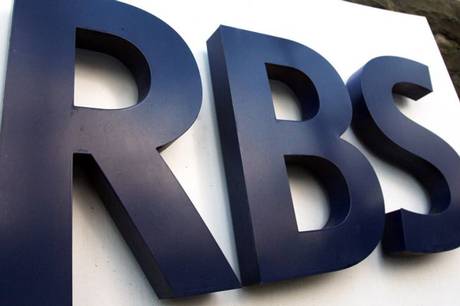Royal Bank of Scotland has given the clearest signal yet that the government is preparing to sell off part of the taxpayer’s 82% stake in the bailed out bank next year.
As the Edinburgh-based bank reported a profit of £826m for the first quarter compared with a £1.4bn loss the same time last year, the bank’s chairman, Sir Philip Hampton, said that the bank could be ready for sale from the middle of 2014 – or even earlier, reports The Guardian.
At the 2012 results in February, Hampton had said the bank hoped to be able to ready for sale in 2014, but he used more definitive language on Friday, raising the prospect of drawing up a prospectus for shareholders “from the middle of 2014”.
“It could be earlier. We think the recovery process will be complete in about a year or so’s time,” Hampton said.
A prospectus contains all the details about the bank’s financial performance and would be needed to be sent to prospective shareholders if the shares are to be sold off.
The government will need to decide the price at which it wants to sell any shares, which closed on Thursday at 307p. This is below the 500p average price at which the taxpayer bought the stake during 2008 and 2009 – the equivalent to a £17.5bn loss.
However in March it emerged that government had reduced the average price to 407p.
Stephen Hester, the chief executive of RBS, said the group was “back in profit … a big change on recent times”.
“The cleanup mission is nearing its successful completion,” he added. “There is hard work still ahead for the economy and our industry. Nonetheless, our sights are set on moving RBS beyond its restructuring phase towards the ambition of building a really good bank for customers and for all we serve.”
“These results show pleasing progress in delivering a strong and valuable RBS for all our stakeholders. We expect to substantially complete the bank’s restructuring phase during 2014.”
The bank did not make an additional charge for payment protection insurance on top of the existing £2.2bn, although it put aside an extra £50m for insurance rate swap mis-selling.


